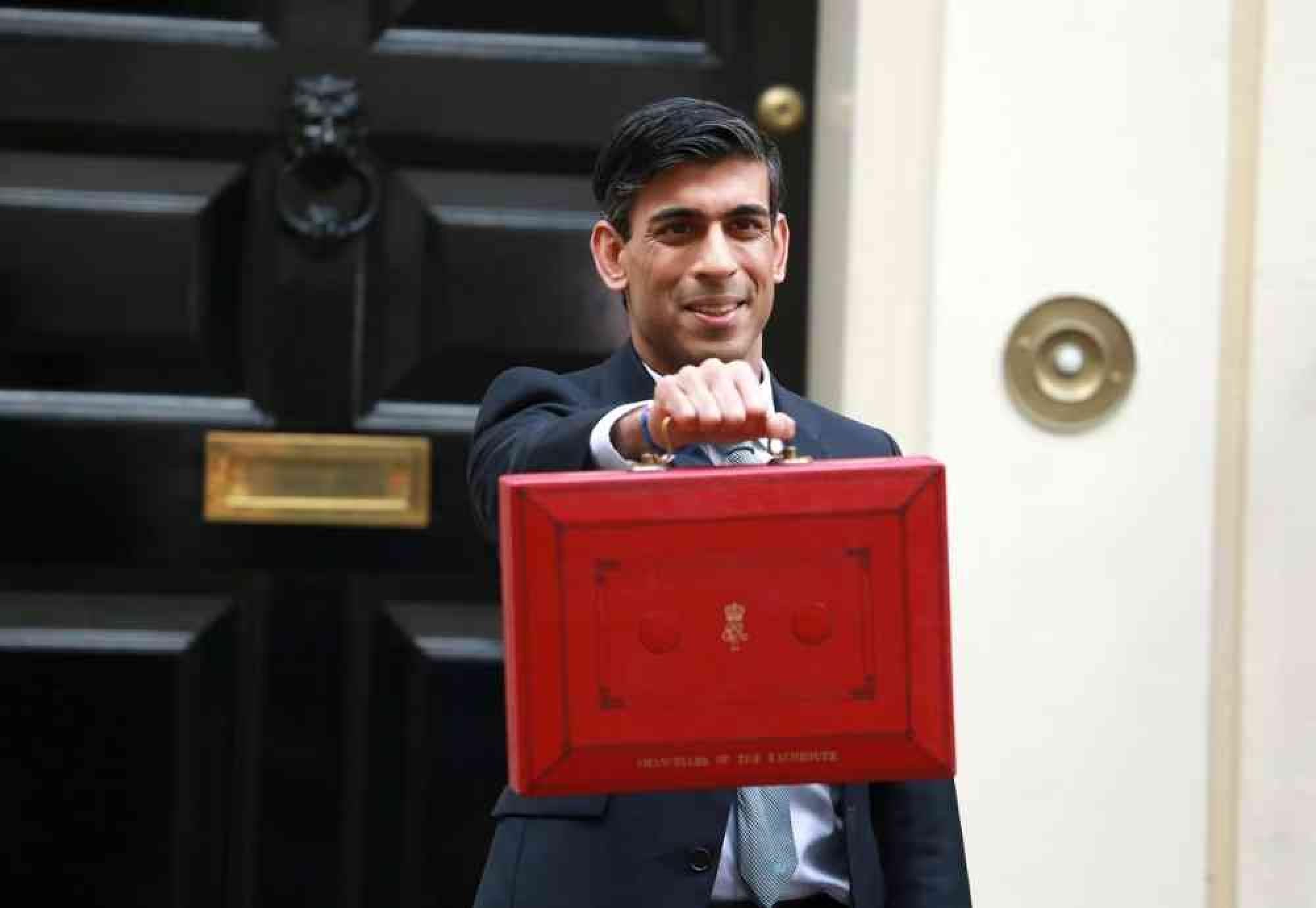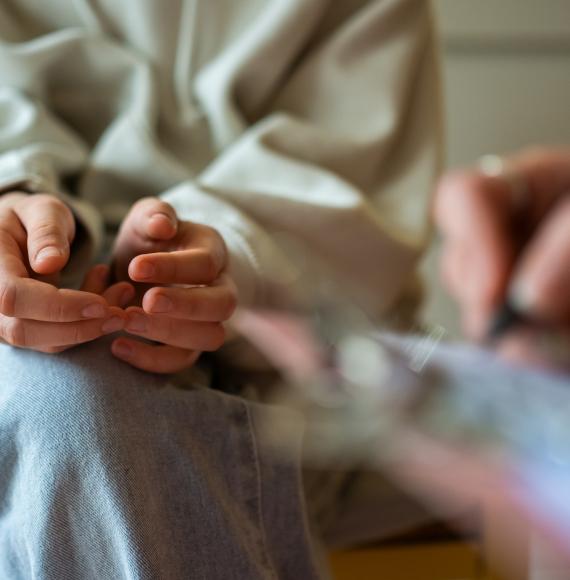The official announcement of the 2021 budget has confirmed that the NHS will receive an additional £5.9bn in funding, totalling £176.5bn, a twenty-seven percent increase compared to the 2010 budget.
Chancellor Rishi Sunak voiced plans to build forty new hospitals, over one hundred community diagnostic centres, as well as growing the workforce by fifty-thousand nurses.
Sunak also confirmed that the social care levy will be going directly into the NHS and social care system.
"If we don’t invest in this widespread change now, we not only face a bleak winter, but we may witness the ultimate breaking point for our NHS.”
Dr Murray Ellender, GP and Co-founder of eConsult
As a new national living wage was announced, the Chancellor promised that there would be an independent pay review for the public sector and that ‘workers will see and fair and affordable’ pay rise over the next coming years.
In the breakdown of the budget, £2.9bn is set to be spent on new diagnostic equipment such as MRI, CT and ultrasound scanners. A further £1.5bn will be spent on extra hospital beds and surgical hubs, which will create better capacity to deal with the backlog in routine operations.
The rest of the designated budget will be put towards IT and technology within the NHS, equating to £2.1bn of investment into new software’s and faster broadband amongst other improvements.
Dr Murray Ellender, practicing GP and Co-founder of eConsult said: “Whilst it’s positive news that £2.1bn has been earmarked for ‘improving IT and digital technology’, the only way to give the patients who need it a better and more direct route to care is by investing in digital triage.
“The system is currently failing to do this. Our latest data tells us that nearly half of UK adults who visited the emergency room in the last 12 months did not require urgent A&E treatment. In fact, upon seeing a medical professional, 24% were told to visit another health professional, 13% of whom were sent to their GP and 11% who were sent to a pharmacist.”
After a tremendously difficult and challenging year for the health care system it was hoped that the current government would back the NHS financially to combat the lengthy waiting lists some patients are facing.
Dr Murray Ellender added, “the pandemic has made it abundantly clear that the entire system is built on a flawed infrastructure of insufficient and disconnected triage. If we don’t invest in this widespread change now, we not only face a bleak winter, but we may witness the ultimate breaking point for our NHS.”



















